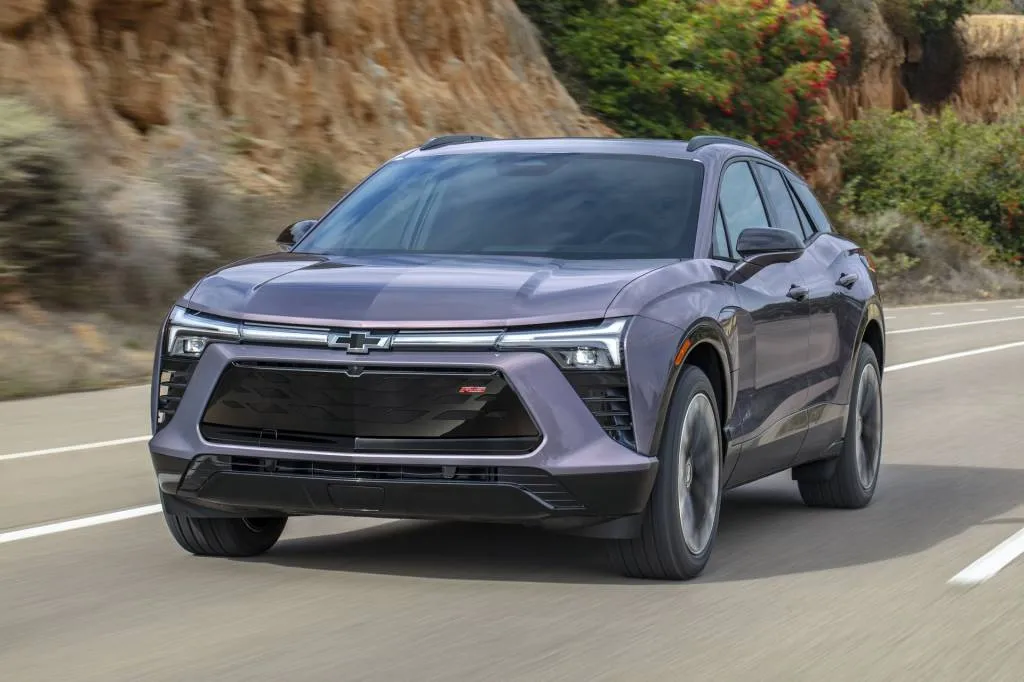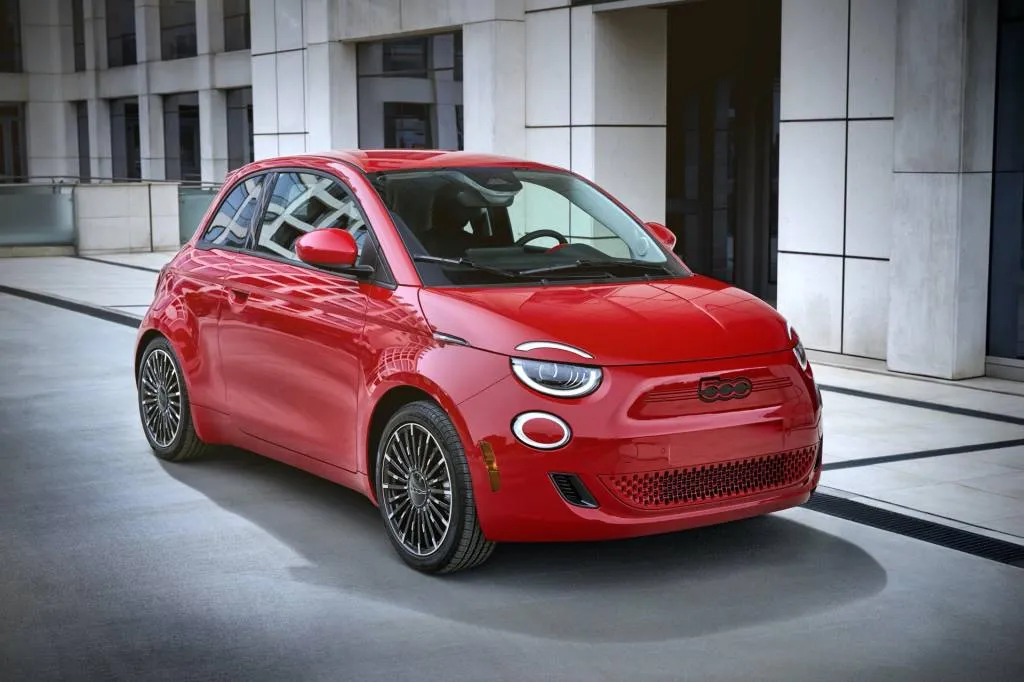In a recent Fox News interview, Transportation Secretary Pete Buttigieg said EV skeptics risk being left behind by technological progress.
“I feel like it’s the early 2000s,” Buttigieg said in defense of the Biden administration’s EV policies which aim for 50% EV sales by 2030, “and I’m talking to some people who think we can just have landline phones forever.”
In the interview, Buttigieg tackled current anti-EV narratives, including that a recent slump in Tesla deliveries indicates a lack of interest in EVs. Tesla now faces more competition, including from the Detroit triumvirate of Ford, General Motors, and Stellantis, Buttigieg noted, expressing confidence that “the automotive sector is moving toward EVs, and we can’t pretend otherwise.”

2024 Chevrolet Blazer EV RS
EV sales growth has slowed in recent months, though, and several studies have looked at why. A 2023 Ipsos study pointed to cost misconceptions, noting that consumers might be too focused on potential replacement costs of big-ticket items like battery packs, and may not be factoring in EVs’ lower overall operating costs compared to internal-combustion vehicles.
And while much of the electricity used to charge EVs is still generated by burning fossil fuels, Buttigieg emphasized that this still results in lower overall emissions than burning gasoline or diesel in an internal-combustion engine.
“If you look at the science of it, you’ll see that it is still more efficient, just as a matter of physics, to convert those fossil fuels into energy at a utility plant and then run it through transmission lines into a car than it is to burn it,” Buttigieg said.

2024 Fiat 500e
Indeed, the Union of Concerned Scientists has found that EVs produce lower emissions than nearly all gasoline cars even when emissions from electricity generation are factored in. And the lifetime CO2 footprint of EVs will get smaller as the grid gets greener. And with smart charging and some upgrades, even urban grids with high EV density should be able to handle the demands of charging, a 2020 Energy Department study found.
This all brings to mind a question we’ve asked before—will the shift to EVs make tailpipes a sign of the past? Like landlines, perhaps?





